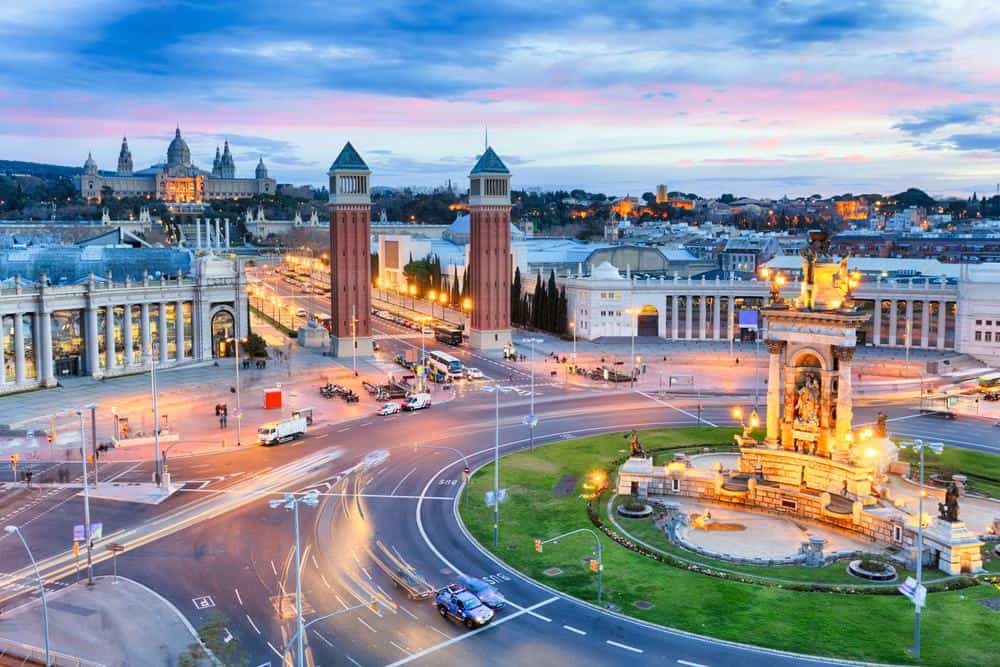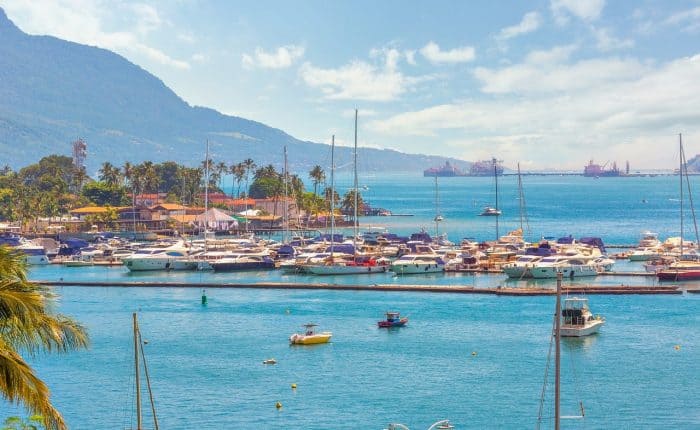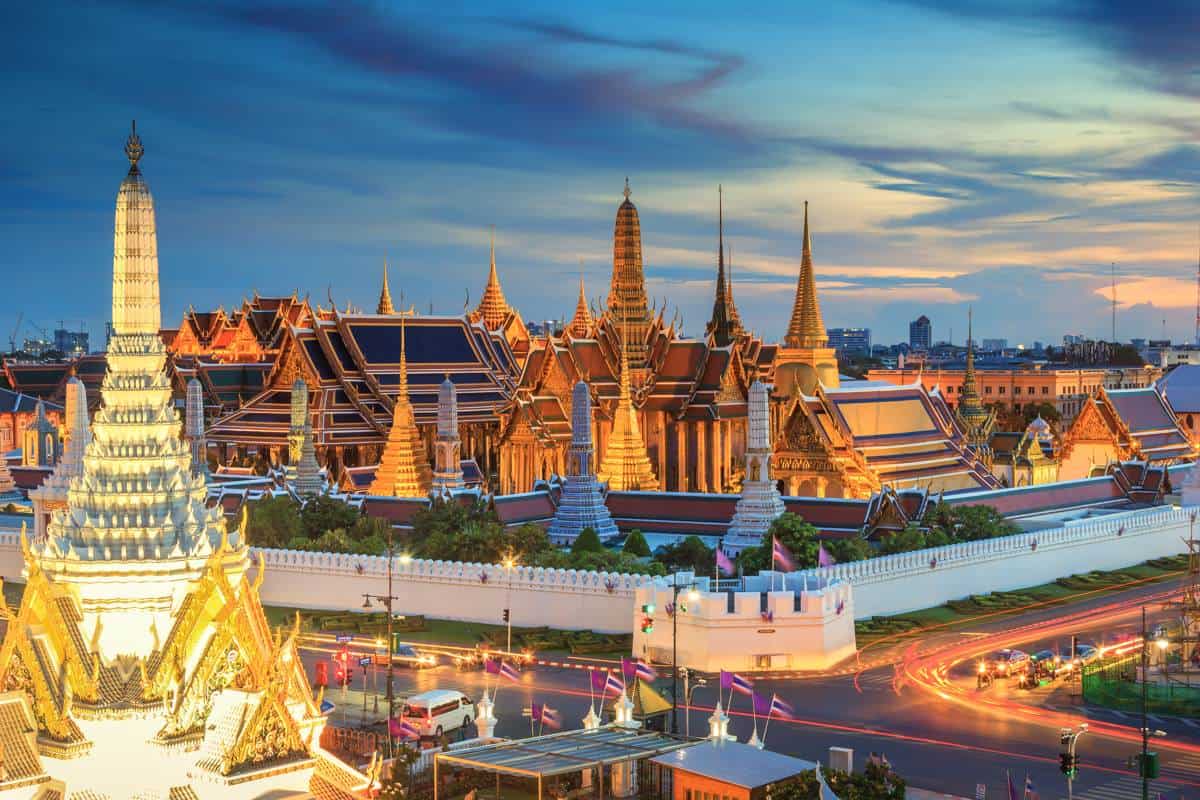In global mobility, the allure of relocating hinges significantly on the political and economic stability of potential expat destinations. Expatriates, in their quest for new horizons, prioritize nations that offer not just the charm of affordability and livability but, fundamentally, the assurance of a stable environment where investments thrive, and daily life is devoid of the unpredictability that can mar personal and professional pursuits.
The interplay between economic growth and political serenity is complex. Stability, or the lack thereof, directly impacts the investment climate, influencing expatriates’ decisions to move, settle, or invest in a country. A stable political scene fosters an environment ripe for economic development by ensuring continuity, predictability, and security, essential components for nurturing business opportunities and enhancing quality of life. Conversely, economic prosperity contributes to political calm by mitigating the roots of social unrest and providing the government with the resources needed to address public needs.
However, the equation is not always straightforward. Political stability achieved at the expense of democratic freedoms can lead to complacency, stagnation, and, ultimately, a decline in the very economic dynamism that attracts expatriates. For instance, countries that have maintained a facade of stability through autocratic measures often witness the erosion of the rule of law and the emergence of corruption, which can deter foreign investment and expatriate inflow.
Thus, expatriates are drawn to countries where stability does not equate to stagnation but rather supports a vibrant, competitive, and innovative economy. They seek destinations where the government’s steadiness is matched by its commitment to transparency, rule of law, and fostering a conducive business environment. Countries that manage to strike this balance, offering both economic opportunities and a stable political environment, become coveted destinations for expatriates looking for both personal and professional fulfillment abroad.
Spain

Spain‘s journey from economic recovery to resilience in the face of global challenges exemplifies a strategic blend of fiscal prudence and innovative policy-making. The nation, having navigated the tumultuous waters of the COVID-19 pandemic, embarked on an ambitious plan to not only recuperate but also to fortify its economy against future adversities. The European Commission’s endorsement of Spain’s recovery and resilience plan underlines a comprehensive approach aimed at invigorating the economy through a dual transition — green and digital.
With a robust allocation of €163 billion, Spain’s plan is a formidable endeavor to revitalize its economic landscape. A significant portion, precisely 40%, is dedicated to climate objectives, underscoring Spain’s commitment to a sustainable future. Meanwhile, 26% of the funds are earmarked to catalyze the digital transition, a critical pivot towards modernizing the economy. This strategic infusion of resources is poised to address enduring bottlenecks, fostering sustainable growth, and propelling Spain towards a low-carbon, climate-resilient future.
The political arena in Spain, characterized by its stability, has played a pivotal role in shaping policies conducive to expatriate living. The government’s steadfast focus on reforms and investments has not only enhanced the nation’s economic fabric but also bolstered its appeal as an expatriate destination. Spain’s political landscape, marked by a commitment to democratic values and institutional integrity, has fostered a regulatory environment that champions innovation, inclusivity, and social cohesion.
For expatriates, this translates into a living environment where cultural richness is matched by economic opportunities and political certainty. Spain’s resilience plan, with its pronounced emphasis on green and digital transitions, promises to enrich the expatriate experience, offering a blend of modernity and sustainability. The nation’s political stability, coupled with forward-looking economic policies, positions Spain as a preferred destination for those seeking a harmonious balance between professional aspirations and quality of life.
Costa Rica

Costa Rica, often hailed as a paragon of sustainable development and political serenity, showcases a compelling narrative of growth and environmental stewardship. This Central American jewel has maintained steady economic expansion over the last quarter-century, showing its strategic embrace of foreign investment and trade liberalization. The nation’s economy is intertwined with a vibrant ecotourism sector and a robust export market, positioning it as an upper middle-income country.
The cornerstone of Costa Rica’s economic philosophy is its pioneering environmental policies. The nation’s Green Trademark is a reflection of its deep-seated commitment to conserving its lush biodiversity and reversing deforestation trends. This commitment is epitomized by the successful Payments for Environmental Services (PES) program, positioning Costa Rica as the only tropical country to have reversed deforestation, a significant achievement that underscores its global environmental leadership.
Experience the Insider community that takes your international lifestyle to the next level. Download your FREE guide
"18 Steps to Implementing Your Plan B" instantly!
Amid this backdrop of economic and environmental progress, Costa Rica exemplifies political stability in Latin America. The nation’s democratic traditions and social contract have fostered a peaceful and stable political climate, pivotal for attracting expatriates and investors alike. This stability has been instrumental in achieving one of the region’s lowest poverty rates, coupled with impressive human development indicators that surpass its regional counterparts.
The juxtaposition of Costa Rica’s economic resilience with its political tranquility presents a compelling case for expatriates seeking a destination where quality of life and opportunities for sustainable living converge. The country’s model of inclusive growth, underpinned by transparent and accountable governance, continues to drive its appeal as a top destination for those looking to blend professional endeavors with a commitment to environmental and social sustainability.
Thailand

Thailand’s economic narrative is one of resilience and strategic evolution, with the country making significant strides towards becoming a knowledge-based economy. This shift is marked by a robust emphasis on technological advancement, innovation, and the cultivation of sectors such as medical equipment manufacturing, which have demonstrated remarkable growth. For expatriates, this transition opens many opportunities ranging from tech startups to roles in research and development, underpinned by a vibrant ecosystem that supports creativity and digital entrepreneurship.
However, the journey is nuanced by the country’s political intricacies. Thailand’s political scene is characterized by a blend of old alliances and new coalitions, with the recent formation of an 11-party coalition government illustrating the dynamic and sometimes unpredictable nature of Thai politics. This coalition, spanning a spectrum from military-aligned parties to former opposition factions, underscores a pragmatic approach to governance aimed at ensuring stability and progress. Yet, the political landscape remains complex, with reforms and policy directions subject to the ebbs and flows of coalition politics.
For expatriates residing in Thailand or considering it as their next destination, navigating this political terrain requires a nuanced understanding of local dynamics. While the government’s populist policies and economic reforms signal a conducive environment for growth and innovation, potential expatriates must remain attuned to the political climate and its implications for their personal and professional lives. The commitment to limited political reforms, including constitutional amendments to diminish the military’s role in governance, offers a glimpse into Thailand’s path toward greater political openness and stability.
Portugal

Portugal’s journey toward economic revitalization, in the aftermath of a pandemic-induced downturn, is commendable. The nation’s GDP rebounded to surpass its pre-pandemic levels by the first quarter of 2022, driven by a resurgence in domestic demand and a notable recovery in the tourism sector, buoyed by one of the world’s most successful vaccination campaigns. This economic resurgence was supported by comprehensive policy measures aimed at sustaining employment, ensuring income growth, and preserving financial stability.
However, the landscape is not without its challenges. The war in Ukraine introduced new pressures, from surging commodity prices to supply chain disruptions, dampening the outlook for 2022-2023. Despite these hurdles, Portugal’s economy is poised for a more robust expansion in 2024, fueled by consumer spending and a revival in tourism. Fiscal prudence, coupled with measures to mitigate the economic fallout of high energy prices, underscores a balanced approach to navigating short-term adversities while laying the groundwork for sustainable growth.
At the heart of Portugal’s appeal to expatriates is its political serenity, in contrast to the volatility seen in other regions. The nation’s stable political environment not only enhances its attractiveness as a destination for foreign investment but also provides a reassuring backdrop for expatriates. This stability is instrumental in fostering a conducive atmosphere for business, innovation, and lifestyle, making Portugal a coveted haven for those seeking to merge professional ambitions with quality living.
Portugal’s unwavering commitment to structural reforms, particularly those aimed at bolstering competitiveness and embracing digital and climate transitions, signals a forward-looking agenda. The National Recovery and Resilience Plan, with its focus on addressing structural needs and capitalizing on digital opportunities, is a testament to Portugal’s ambition to redefine its economic landscape. For expatriates, this translates into a dynamic environment ripe with opportunities, set against a backdrop of political stability and economic vitality.
Malaysia

Malaysia’s economic narrative is an impressive diversification journey, transforming from a predominantly agricultural and commodity-based economy to a vibrant, industrialized marketplace. Over the past four decades, Malaysia has achieved significant economic growth, with manufactured goods now forming a substantial share of its total exports. This shift towards industrialization and the increased emphasis on manufactured exports have contributed notably to reducing absolute poverty and propelling the country into the ranks of upper middle-income nations.
The diversification process in Malaysia has been underpinned by strategic policies and reforms aimed at fostering production and export diversification. The economy has seen a remarkable shift, with agriculture’s share of GDP decreasing in favor of manufacturing and services, which now contribute significantly to the economic output. This structural transformation has been accompanied by a robust export diversification, particularly in electronics and electrical products, positioning Malaysia as a key player in the global supply chain for these sectors.
For expatriates, Malaysia’s economic landscape offers a myriad of opportunities, particularly in high-value manufacturing and services industries. The country’s strategic push towards becoming a knowledge-based economy further enhances its appeal as a destination for skilled professionals, entrepreneurs, and investors looking to tap into the dynamic ASEAN market and beyond.
Politically, Malaysia’s landscape is as dynamic as its economy, characterized by periods of both stability and fluctuations. Recent years have witnessed significant political shifts, with coalition governments and reforms aimed at reducing the military’s influence in politics and addressing corruption. These political dynamics play a crucial role in shaping the country’s policy direction, impacting the business environment and the expatriate community. The emphasis on political reforms and stability, coupled with Malaysia’s economic ambitions, underscores the government’s commitment to creating an inclusive, sustainable, and resilient future.
Last Words
When it comes to global relocation, the quest for political and economic stability is a critical compass guiding expatriates towards fulfilling and sustainable living environments. The exploration of Spain, Costa Rica, Thailand, Portugal, and Malaysia illuminates the profound impact that stability—or the lack thereof—can have on the expatriate journey, influencing everything from professional opportunities to the nuances of daily life.
The diversity of experiences across these destinations reaffirms the axiom that stability is not merely a backdrop but a foundational pillar for expatriate life. Economic steadiness ensures access to opportunities, from career advancement to entrepreneurial ventures, while political stability provides the security and predictability necessary for long-term planning and integration into the local fabric. Together, they form the bedrock upon which expatriates can build a life that transcends mere existence to encompass fulfillment, growth, and contribution to their adopted communities.
In conclusion, the pursuit of stability in choosing an expat destination is a nuanced balancing act, requiring a keen understanding of one’s priorities and resilience in the face of change. It calls for an appreciation of how economic policies, political climate, and societal values converge to create the living conditions under which expatriates can thrive. As our global landscape continues to evolve, the wisdom in selecting a destination that aligns with one’s aspirations and values remains paramount. In this journey, stability is not just as a desirable attribute but as a cornerstone of sustainable expat living, enabling individuals and families to flourish in an ever-changing world.
 Dan is passionate about creating stories that help people discover and navigate unique perspectives and better understand the world around them. Aside from writing, Dan is an avid amateur marathon runner.
Dan is passionate about creating stories that help people discover and navigate unique perspectives and better understand the world around them. Aside from writing, Dan is an avid amateur marathon runner.Like Our Articles?
Then make sure to check out our Bookstore... we have titles packed full of premium offshore intel. Instant Download - Print off for your private library before the government demands we take these down!







